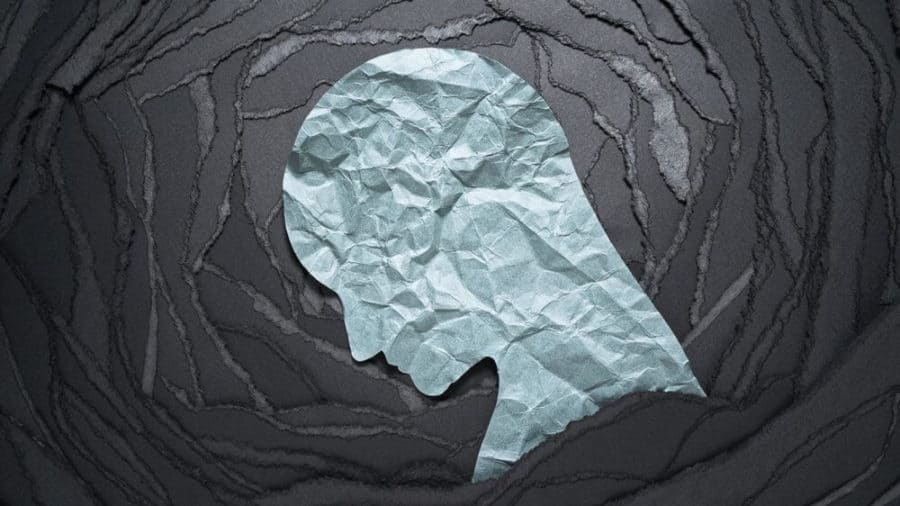The absence of accurate statistics holds serious implications: If the criminal justice system is meant to rehabilitate rather than punish, then failure to identify those in need undermines the system’s purported goal.
“Part of the problem is, probation officials don’t always know who in their system has a mental illness,” said Assoc. Prof. Matt Epperson of the University of Chicago School of Social Service Administration. “They often find out by happenstance.”
Epperson, a social work researcher, is hoping to help change that. A leading scholar of criminal justice reform and decarceration, Epperson previously worked for six years as a mental health counselor in a Michigan jail. This September, he and Robert Gibbons, the Blum-Riese Professor of Biostatistics at UChicago, will start piloting an online test for mental illnesses among Cook County probationers. If successful, the innovative program could serve as a model not only for this region, but for the rest of the country.
Because courts and probation offices don’t effectively screen everyone they encounter, mental illness is often flagged on a case-by-case basis—for example, when a public defender discloses it while petitioning for treatment for their client. However, implementing full-length evaluations for all 18,000 people on probation in Cook County also isn’t feasible.
What might bridge that gap is a test which Epperson and Gibbons are about to implement on a large scale—one that can be taken from any computer, smartphone or tablet with an internet connection. Known as Computer Adaptive Testing-Mental Health or CAT-MH™, the test is the product of over 15 years of continuous funding from the National Institute of Mental Health, and has already been used by UChicago physicians to provide treatment.
The CAT-MH™ draws from over 1,000 items stored on cloud servers, selecting statistically optimal follow-up questions in real time based on responses. In short, every iteration of the test will look a little different—even if the same person takes it twice.
Because the CAT-MH™ can tailor itself to the severity of each individual case, it can complete a full screening for major mental health disorders in just a few minutes.


